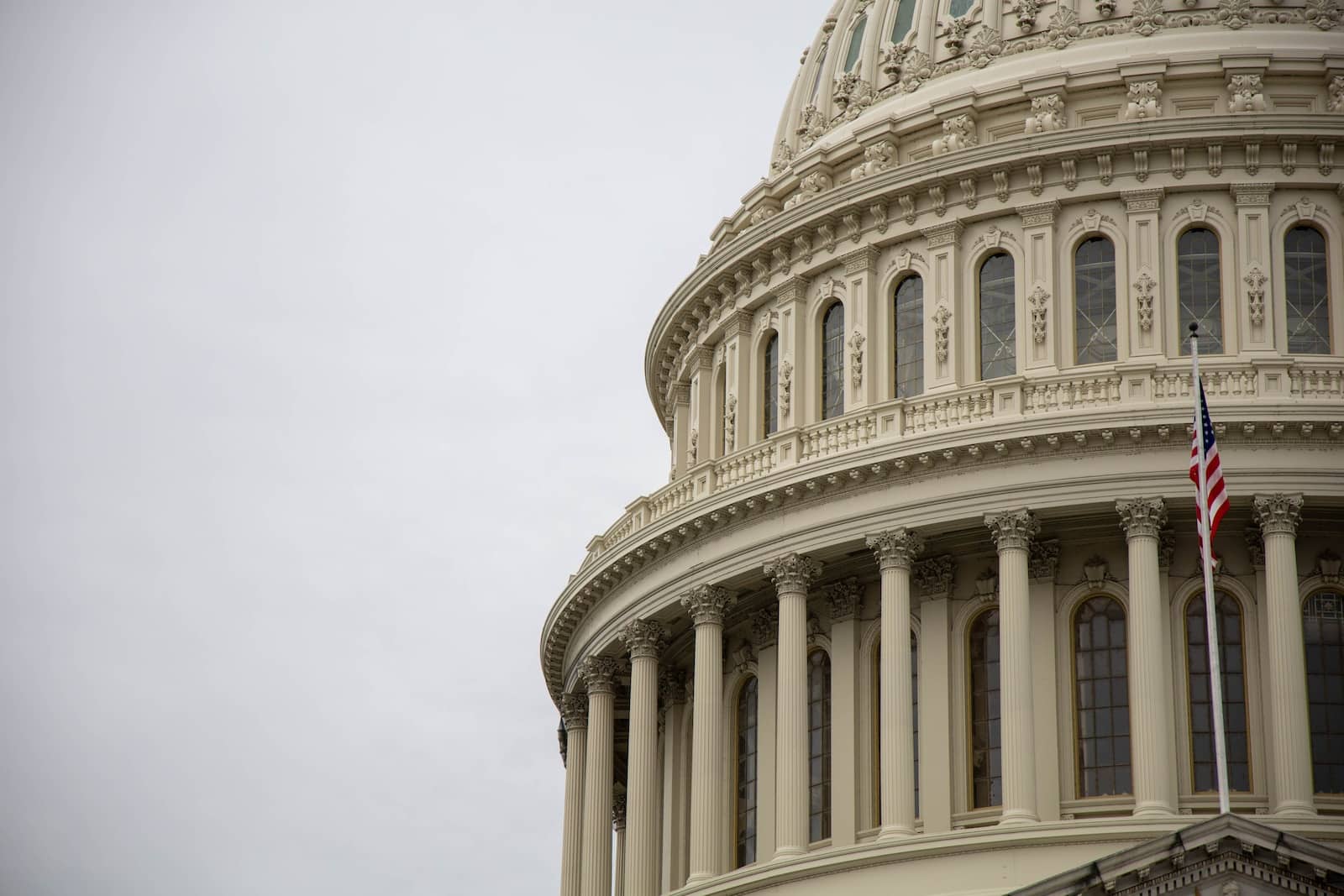I’m not just missing the smells and bells, the stained glass and the statues. I’m missing the people.
| Opinion contributor
I never thought I’d watch Mass from the front seat of my car. I never thought I’d receive Holy Communion standing in the parish parking lot. But there I’ve been, Sunday after Sunday for months on end, in the parking lot at St. Kilian Catholic Church in Mission Viejo, California.
From the start, I knew it wasn’t the same. Sure, the priest was still there, on a purpose-built podium. He was saying the same words, praying the same prayers and chanting the same notes, just over a loudspeaker system. The Scripture readings were the same and — most important — Jesus Christ was as present and powerful as ever in the Eucharist. But something was missing. Something crucial.
At first I thought it was the smells and bells — the incense and the organ. Then I figured it was the beauty of the sanctuary — the stained glass, the statues, the painted ceiling that draws the eye heavenward. It took a while before the real answer hit me. The people were missing.
Separation and social distancing
When you’re in the pews, surrounded by parishioners, the faith comes to life. You see multiple generations, sometimes three or four, standing and singing together. The sound of crying children reminds you of the never-ending need to pass on the faith. Even in older or smaller parishes, the sense of shared mission and meaning surrounds you.
But it wasn’t there in the church parking lot. Not only were faces covered by tinted windows, there weren’t nearly as many people as there would be in the pews. There were almost no families, no children. The kids couldn’t last an hour cooped up in the car. In other states, where limited indoor masses are allowed, there was — and still is — the same lack of family life. When families show up, they get glares and looks of fear — the folks around them seem to think that if the kids get close, they’ll get sick.
The vibrant feeling of unity has faded. In its place, there has been a sense of separation that extends much farther than the 6 feet of social distancing.
Coronavirus pademic: Churches are essential. If protesters can assemble, so should people of faith.
I’m not alone in feeling this way. I hear similar stories from colleagues, friends, priests and bishops across the country. The priests and bishops aren’t to blame — far from it. They’ve been forced to deal with confusing and sometimes conflicting state mandates, all during an utterly abysmal situation. Some have outdoor services, some have limited indoor attendance while others have retreated to online only. But they all agree things just aren’t the same.
More concerning, they’re worried the faith itself will never be the same, along with American religion as a whole.
Faith without the faithful
The past year has seen a mass migration away from religion. According to a July survey, nearly a third of Christians had stopped attending their regular church and were not streaming a different church service online other than their own. At a time when services were largely streamed, the researchers state, “We can, for the most part, confidently interpret this group as those who have dropped out of church for the time being.”
By my rough estimate, attendance at my usual Mass has been down by 80%. Some priests across the country have told me their parishes have faced even steeper declines.
America was becoming less religious before the pandemic, but the trends of the past year are anything but natural. They’re the direct result of state-ordered shutdowns and one-size-fits-all restrictions on religious worship. Faith isn’t fading. It’s being driven away.
Mississippi pastor: My church was burned down because we want to worship in person
It’s tough to overstate the harm that has been done. The habits of faith that had been built over years and the communities and rituals often needed to sustain it were banned and broken in a matter of days. In the name of saving lives, authorities broke up the communities and congregations that made life worth living for tens of millions of people. I doubt that the political figures behind these policies wanted to weaken faith, but they have. They couldn’t have done more damage if they tried.
Some politicians have rethought their positions, and in some cases, the federal courts have intervened. This month, the Supreme Court struck down California’s ban on indoor services, so the parking lot is finally out. But heavy restrictions are still in place: Depending on where you live in the state, churches are limited to as little as 25% capacity. The message to worshippers is still one of “stay away.”
And so the damage will continue. Once lost, the habits of faith are tough to rebuild. Once pushed away, people may stay away, forever. The adults have found new ways to fill the time. The kids’ attention has been turned elsewhere in their most formative years. The country might go back to normal, but for religion, the road will be much longer.
But we can still keep it from becoming longer still. With the vaccine rollout underway and greater public awareness of who’s vulnerable and who’s not, religion should be freed from pandemic restrictions. The sooner the churches are allowed to fully open, the more likely it is people will come back, and the less likely it is that religion in America will be irreparably harmed.
I’m glad the parking lot Mass is over. Now the real, vibrant, joyful Mass must be restored.
Tim Busch is the founder of the Napa Institute, a Catholic lay organization.













